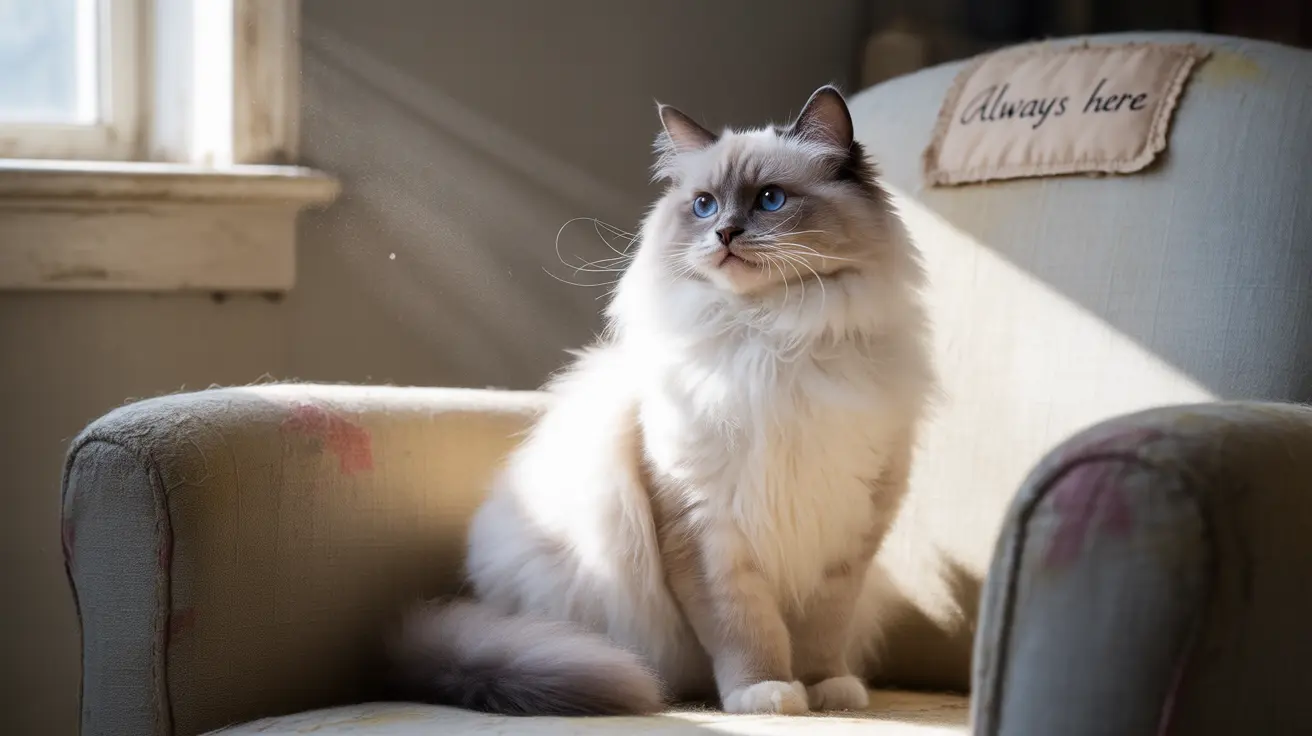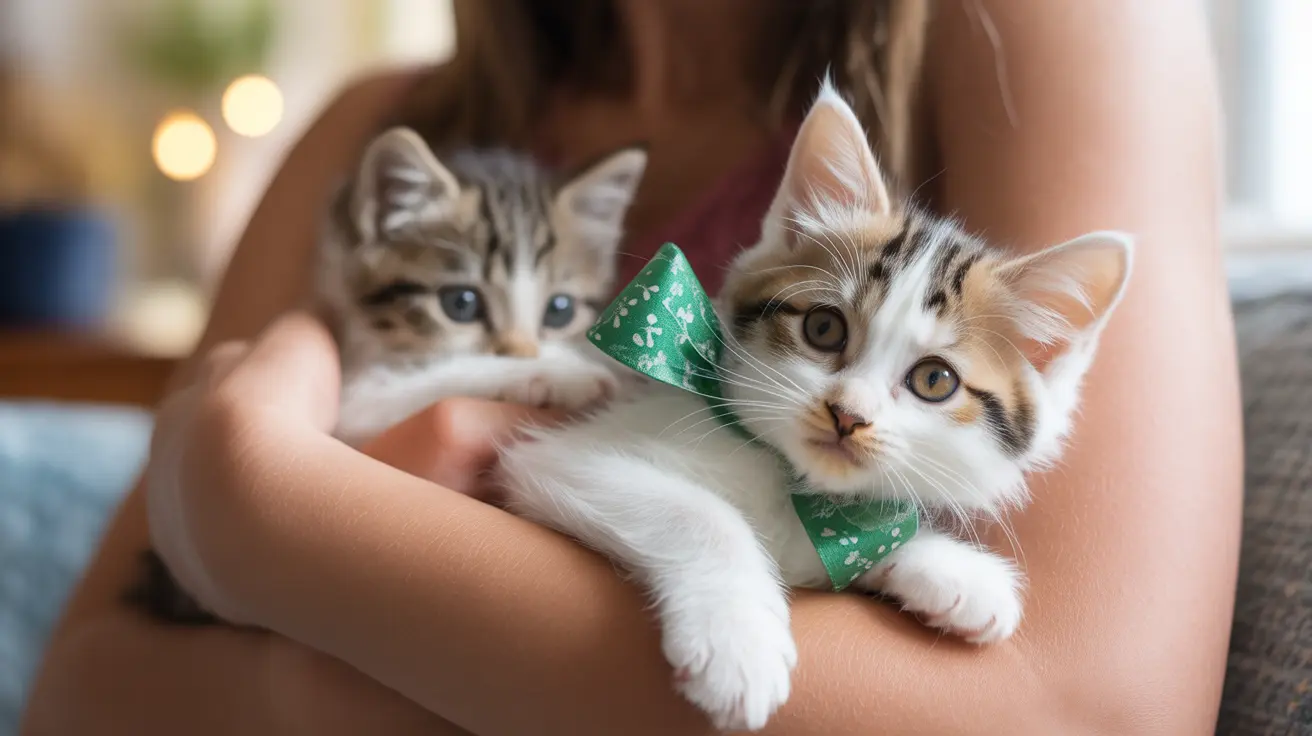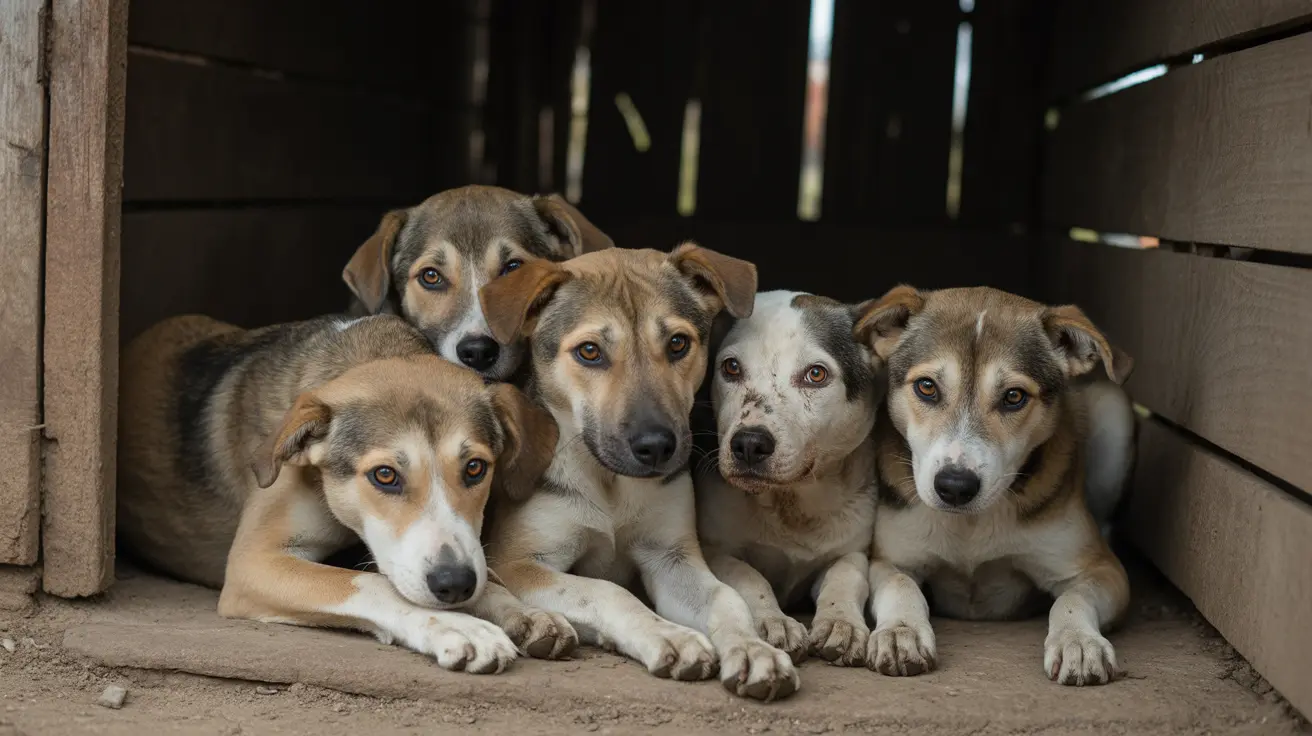When a beloved owner passes away, cats often display behaviors that suggest they experience grief and loss. While the depth of feline emotional understanding remains a subject of scientific debate, research increasingly shows that cats form strong bonds with their caregivers and can exhibit significant behavioral changes when that bond is broken.
Recent studies indicate that cats demonstrate clear signs of distress following the loss of an owner, ranging from changes in eating habits to altered social behaviors. Understanding these responses can help remaining family members or new caregivers provide appropriate support during this challenging transition.
Understanding Feline Grief and Loss
Cats form complex emotional attachments to their owners, contrary to their reputation for being aloof or independent. When an owner dies, cats may experience what behaviorists describe as grief-like symptoms, though their understanding of death differs from humans.
Research shows that cats can form secure attachment bonds similar to those observed in dogs and even human infants. These bonds, when broken through death, can trigger notable behavioral and emotional responses.
Common Signs of Feline Grief
Physical Symptoms
- Loss of appetite or changes in eating habits
- Lethargy or decreased activity levels
- Changes in sleeping patterns
- Reduced grooming or over-grooming
Behavioral Changes
Grieving cats often display distinct behavioral shifts, including:
- Increased vocalization or unusual crying
- Searching behaviors, such as looking for their deceased owner
- Clinginess to remaining family members
- Social withdrawal or hiding
- Changes in litter box habits
How Long Do Cats Grieve?
The duration of feline grief varies significantly among individuals. Some cats may show signs of distress for a few weeks, while others might exhibit behavioral changes for several months. Factors influencing the grieving period include:
- The strength of the bond with the deceased owner
- The cat's individual personality
- Environmental stability after the loss
- Quality of support from remaining caregivers
Supporting a Grieving Cat
Helping a cat cope with the loss of an owner requires patience and understanding. Key support strategies include:
- Maintaining consistent daily routines
- Providing extra attention and comfort
- Keeping familiar items and spaces accessible
- Monitoring eating and drinking habits
- Consulting with a veterinarian if concerning symptoms persist
Frequently Asked Questions
Do cats really miss their owners when they die, and how do they show it?
Yes, cats can miss their owners when they die, showing their distress through behavioral changes like decreased appetite, increased vocalization, changes in sleep patterns, and seeking extra attention or withdrawing from social interaction.
What are the common signs of grief in cats after the loss of their owner?
Common signs include changes in appetite, altered sleep patterns, increased vocalization, searching behaviors, withdrawal or clinginess, and changes in normal routines or habits.
How long do cats grieve or mourn after their owner passes away?
The grieving period varies by individual cat, typically lasting anywhere from a few weeks to several months. Some cats may show subtle behavioral changes for even longer periods.
What can I do to help my cat cope with the death of their owner?
Maintain consistent routines, provide extra attention and comfort, keep familiar items accessible, ensure proper nutrition, and consider consulting a veterinarian if the cat shows concerning symptoms.
Do cats understand death, or do they just react to changes in their routine when an owner dies?
While cats may not understand death conceptually like humans do, they can perceive the absence of their owner and respond to both the emotional loss and disruption in their routine. Their grief response combines both emotional attachment and environmental changes.
Conclusion
While the exact nature of feline grief remains a topic of scientific study, the evidence clearly shows that cats can experience significant emotional and behavioral responses to the loss of an owner. Understanding and acknowledging these responses helps us provide better support for cats during their period of adjustment and mourning.
By maintaining stable routines, offering extra attention, and monitoring their well-being, we can help grieving cats adapt to life without their beloved owner while ensuring their continued health and emotional stability.






